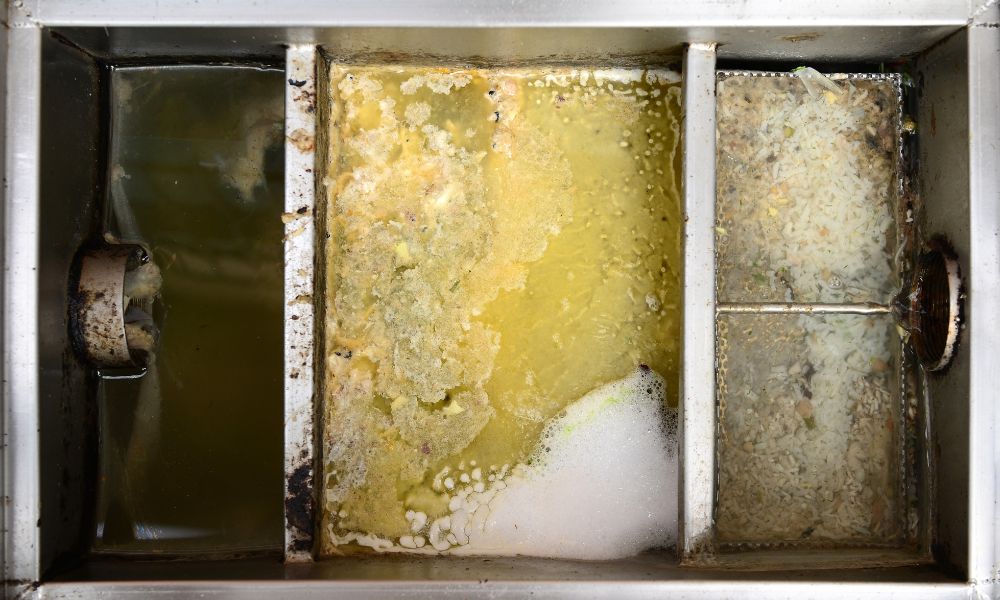If you’ve ever worked in a commercial kitchen before, you’ve probably heard of either a grease trap or a grease interceptor. These two devices are similar, but there are some differences, as you’ll discover. This blog post will explain how these two items work and the difference between them.
Grease Traps
Invented in the late 1800s, grease traps remove grease, fat, and oil from water. Oil, fat, and grease are lighter than water and will naturally separate. The device will then remove and trap the waste and all the water to flow onto the purification process.
Grease Interceptors
Grease interceptors operate similarly to grease traps but on a larger scale. It’s a large oil, grease, and fat removal unit located beneath commercial kitchens. They have higher flow rates and pressure to handle significant amounts of food waste and debris from the kitchen.
Major Differences
Despite the fact that these two devices are incredibly similar, there are a few key differences between them.
- Size: The grease interceptor is larger than the grease trap. Grease traps range from a bread box to a mini-fridge, and the interceptors are bigger.
- Installation: Traps typically sit underneath the sink, while interceptors sit outside under concrete.
- Flow: Interceptors can handle flow rates over 50 gallons per minute. Grease traps can only handle 10 to 50 gallons per minute.
- Maintenance: Because interceptors are larger, they only require maintenance every few weeks or months. Grease traps need care more often. Some need it daily.
- Pressure: Low-pressure environments work best for grease traps. Grease interceptors can handle higher pressure.
The differences between grease traps and interceptors may seem minor, but having the correct device for your commercial kitchen makes all the difference. Here at Providence Environmental, we understand the importance of caring for these two devices. We provide reputable environmental services in South Carolina. Our services cover many tasks, including cleaning and maintaining grease traps and interceptors. Let us take care of you. Contact Providence Environmental with any questions.

